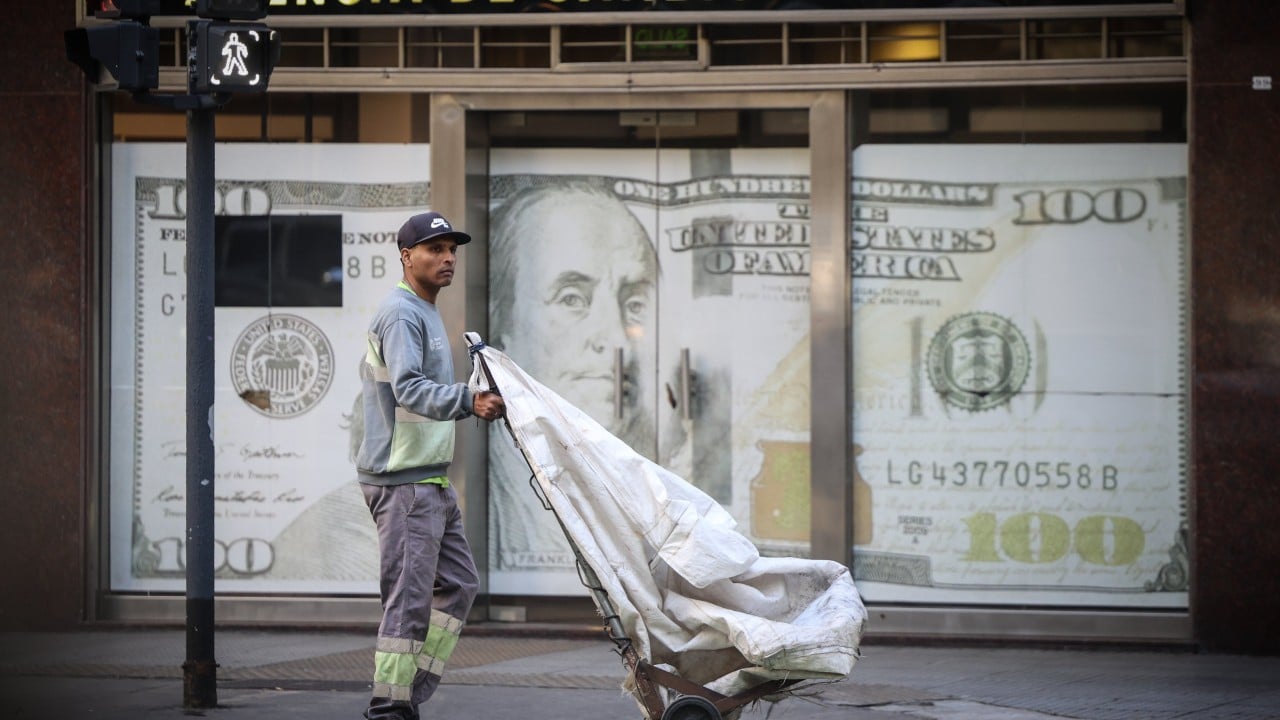On April 30, Donald Trump reached the 100-day mark of his second term as US president. In foreign exchange markets, the verdict is damning. Since Trump’s inauguration, the US dollar index – a gauge of the greenback’s performance against a basket of its peers – has plunged nearly 9 per cent, its worst performance since Richard Nixon unpegged the US dollar from gold in 1971.
Advertisement
While the “Nixon shock” ushered in a new age of freely floating currencies and increased capital flows that preserved and enhanced the dollar’s role as the dominant reserve currency, the Trump administration is questioning the benefits of the dollar’s reserve status on the grounds that it has harmed US competitiveness and inflicted damage on the manufacturing sector.
Everything Trump has done since returning to the White House – launching a reckless trade war, compromising the US Federal Reserve, eviscerating the rule of law and pushing a giant tax cut package that would add trillions of dollars to the fiscal deficit – has undermined support for the dollar.
According to Bank of America’s latest global fund manager survey, the percentage of respondents expecting the dollar to continue to depreciate has risen to its highest level since 2006. Multiple major currencies have strengthened against the US dollar since Trump’s inauguration, including the Mexican peso and the Canadian dollar, which have borne the brunt of Trump’s trade aggression towards America’s allies.
The pressure on US assets this year has been fierce. International investors have been selling US Treasury bonds and equities over the past two months. An analysis of daily inflows by George Saravelos of Deutsche Bank shows that foreign investors, especially in Europe, “remain on a buyers’ strike on US assets”, posing a significant challenge to the dollar since the US relies on foreign investors to help fund its large current account and fiscal deficits.
Advertisement
The question is whether sharper and sustained outflows start to threaten the US dollar’s pre-eminence. That America’s safe-haven status is being called into question shows how much Trump’s eagerness to upend decades of economic and foreign policy has eroded confidence in US markets. “For the first time in my career, I’m hearing widespread scepticism about the competency of US policymakers,” said Dario Perkins at TS Lombard.


